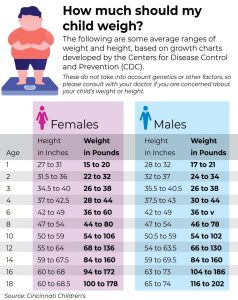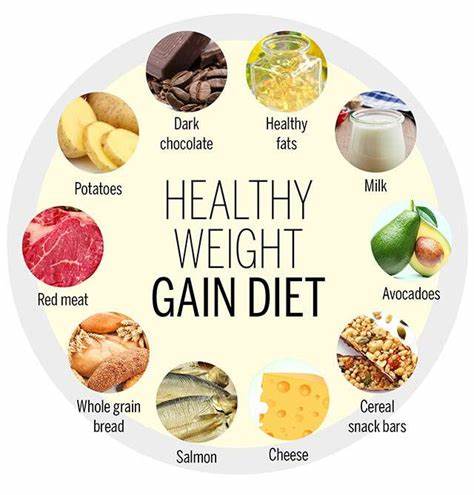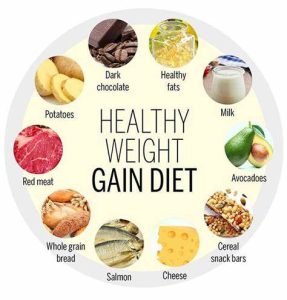Weight gain, often seen as a straightforward outcome of overeating or a lack of exercise, is in reality a complex and multifaceted issue. To understand it fully, we must delve into the intricate web of genetic, hormonal, and environmental factors that contribute to the science of weight gain. In this article, we will unmask the complexities of weight gain by exploring the interplay of these factors that affect our bodies and lifestyles.
Genetic Influences on Weight Gain
- Inherited Traits: Our genetic makeup plays a substantial role in determining our body type, metabolism, and how we store fat. Some individuals may be genetically predisposed to gain weight more easily.
- Appetite Regulation: Genetic factors can influence how our bodies regulate hunger and fullness. Variations in genes related to appetite and satiety can impact eating behavior and, consequently, weight gain.
- Fat Storage: Genetics can affect where our bodies tend to store fat. Some individuals may have a genetic tendency to accumulate fat around the abdomen, which can increase the risk of certain health problems.
Hormonal Factors and Weight Gain
- Insulin: Insulin is a hormone that regulates blood sugar levels. Insulin resistance, where the body’s cells do not respond effectively to insulin, can lead to weight gain, particularly around the abdomen.
- Thyroid Hormones: Thyroid hormones control metabolism. An underactive thyroid (hypothyroidism) can lead to weight gain, fatigue, and a feeling of sluggishness.
- Cortisol: Chronic stress can lead to elevated cortisol levels, which can promote fat storage, particularly in the abdominal area.
Environmental and Lifestyle Influences on Weight Gain
- Diet and Nutrition: Consuming a diet high in processed foods, added sugars, and unhealthy fats can contribute to weight gain. Overeating and poor portion control are also significant factors.
- Physical Activity: A sedentary lifestyle with little to no physical activity can lead to weight gain. Regular exercise is essential for maintaining a healthy weight.
https://th.bing.com/th/id/OIP.SZNBcYL7akuR3F6UVHhh9gAAAA?pid=ImgDet&rs=1 - Stress and Emotional Eating: Emotional factors, such as stress, anxiety, or depression, can lead to overeating and weight gain. Coping with emotions through food is a common behavior.
- Socioeconomic Factors: Socioeconomic status can influence access to healthy food options, opportunities for physical activity, and overall lifestyle choices that impact weight.
Medications and Medical Conditions
Certain medications, such as some antidepressants, antipsychotics, and corticosteroids, can contribute to weight gain as a side effect. Additionally, some medical conditions, like polycystic ovary syndrome (PCOS) and hypothyroidism, are associated with weight gain.
Age and Weight Gain
As we age, our metabolism tends to slow down, which can make it easier to gain weight, especially if dietary and activity habits remain the same. Additionally, hormonal changes during menopause in women can influence weight gain.

Conclusion: Unraveling the Complexities of Weight Gain
Weight gain is a multifaceted issue influenced by genetic, hormonal, and environmental factors. Understanding these complexities is key to addressing and managing weight effectively. By recognizing the interplay of these elements, individuals can make informed lifestyle choices, seek medical guidance when necessary, and work toward achieving a healthier weight and improved well-being.





